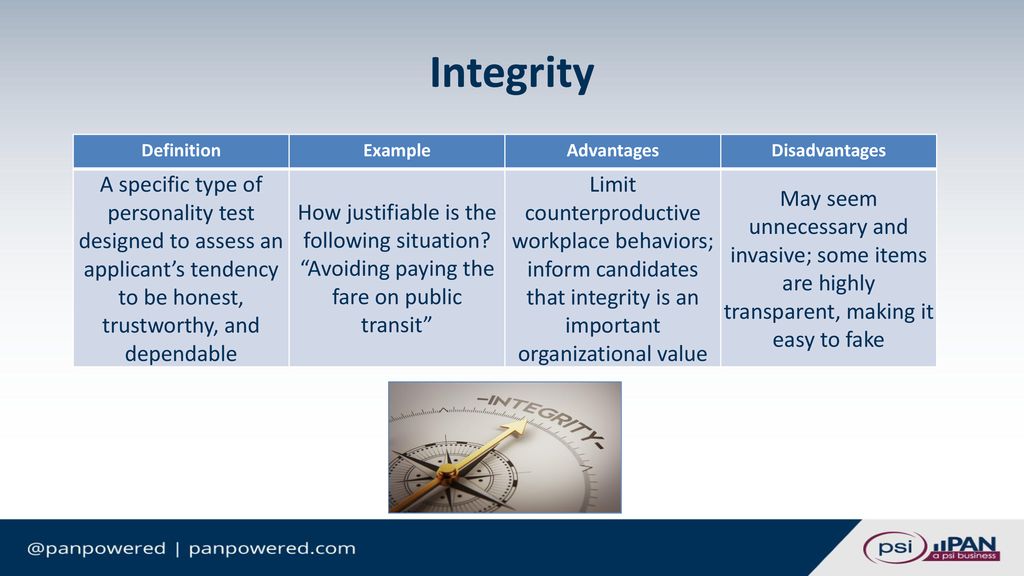 A cognitive assessment is an essential tool for measuring your cognitive health. This assessment can reveal a decline in cognition, which is expected as we age. However, a decline in cognition can also be caused by disease or injury. Therefore, if you receive a cognitive assessment that reveals a decline in cognition, you must follow up with your doctor to determine the cause.
A cognitive assessment is an essential tool for measuring your cognitive health. This assessment can reveal a decline in cognition, which is expected as we age. However, a decline in cognition can also be caused by disease or injury. Therefore, if you receive a cognitive assessment that reveals a decline in cognition, you must follow up with your doctor to determine the cause.
There are a few different ways to interpret your cognitive assessment results. However, here are some things to keep in mind:
-Cognitive assessments are not perfect. They are designed to give you a general idea of your cognitive health.
-Your score on a cognitive assessment is not static. It can change over time, depending on your health and lifestyle.
-Cognitive assessments should be interpreted in the context of your overall health. If you are generally healthy, a decline in cognition may be more concerning than if you have other health problems.
-A cognitive assessment is just one piece of information that your doctor will use to assess your cognitive health.
What Does a Cognitive Assessment Measure?
A cognitive assessment measures several areas of cognitive function including memory, attention, processing speed, executive function, and language skills. These are important skills for daily life activities such as driving, cooking, and managing finances. A decline in any of these areas can impact your ability to live independently. Also, look at some of the brain games.
How is a Cognitive Assessment Given?
A cognitive assessment is usually given by a trained health professional such as a doctor, nurse, or psychologist. The assessment will usually involve some paper-and-pencil tasks as well as questions about your medical history and symptoms. It is important to answer these questions truthfully so that the health professional can get an accurate picture of your cognition.
What Do the Results Mean?
The results of a cognitive assessment are given as a score on a scale. This scale can vary depending on the particular assessment that was given. For most assessments, a score within the normal range means that there is no cause for concern. A score below the normal range may indicate some impairment in cognition.
However, it is important to remember that many factors can affect test results such as fatigue, anxiety, and medication side effects. Therefore, it is important to discuss your results with your doctor so that they can properly interpret them and determine if there is cause for concern.
There are many things that can be done to manage decline in cognition. Some people may benefit from medications, while others may need to make changes to their lifestyle or environment. It is important to work with a qualified professional to develop a plan that is specific to the individual’s needs.
Some things that can be done to manage decline in cognition include:
-Making sure the person gets enough sleep and exercises regularly
-Eliminating distractions from the environment and providing opportunities for mental stimulation
-Helping the person build a support network of family and friends
-Providing assistance with activities of daily living, as needed
-Making sure the person sees a doctor regularly and takes medications as prescribed
If a cognitive assessment reveals a decline in cognition, it is important to work with a qualified professional to develop a plan for managing the decline.
There are many things that can be done to manage decline in cognition, and what works for one person may not work for another. It is important to tailor the plan to the individual’s needs. With proper management, people with declining cognition can still live fulfilling lives.






